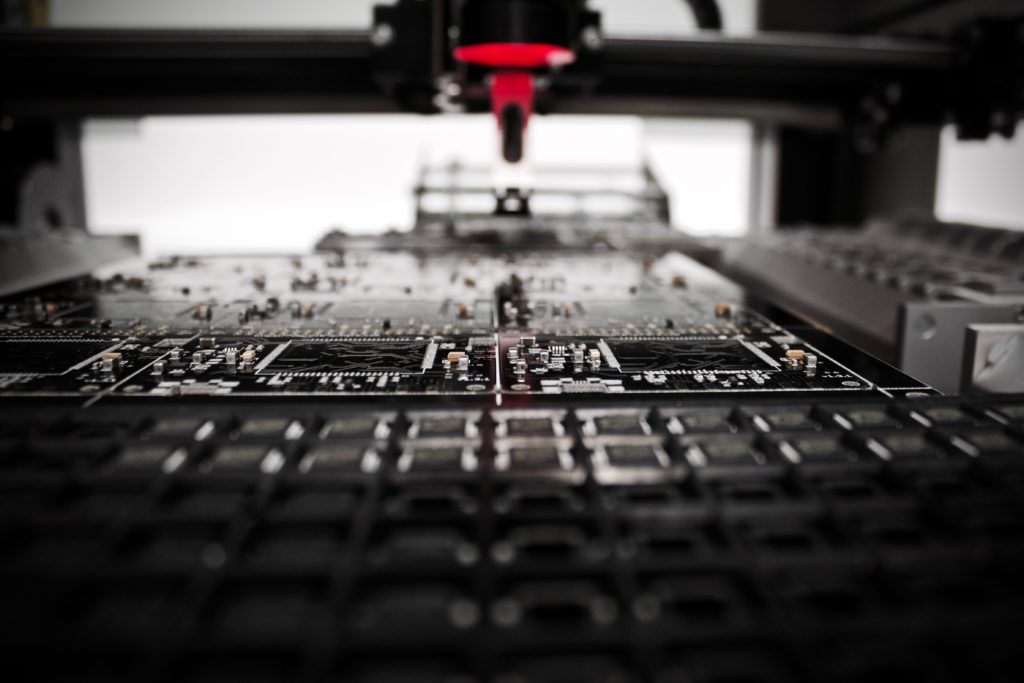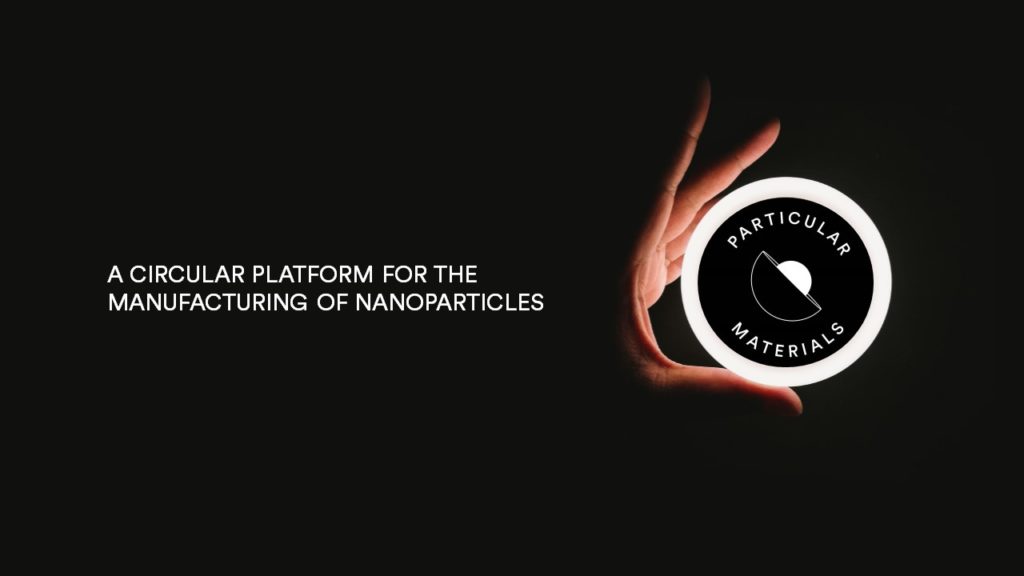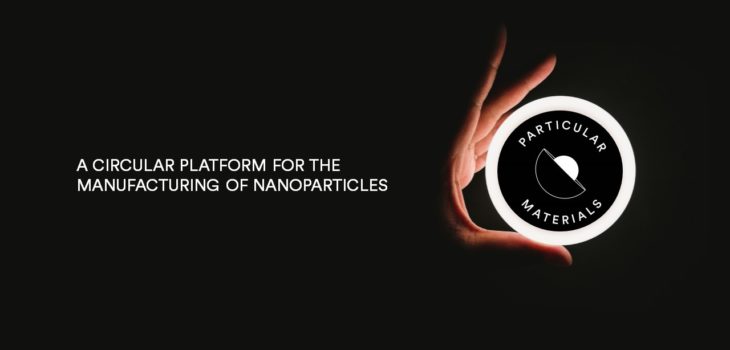Billions of dollars are invested in nanotechnology every year with the hope that innovations developed in the lab can transition in the market to reach products that customers use daily.

Nanotechnologies are based on the ability to control and manipulate matter at the atomic and molecular levels. And they find important applications in drug delivery, catalysis, energy production, and functional coatings.
But how can nanotechnologies be competitive on the market?
In addition to low cost and high volumes capacity, to be able to place nanomaterials in the market, you need to be able to control the properties of a nanomaterial (composition, phase purity, dimensions, morphology, monodispersity, and aggregation state) during the manufacturing process at the industrial level.

So the properties of the material are reproducible down to the nanometer scale, for every industrial production. From 1 gram needed for R&D studies, to several tons for industrial application.
How do you scale up the manufacturing of nanomaterials?
The classical manufacturing approach is defined as TOP-DOWN. Energy is used to mill the material down to the nanometric scale (<100nm), if possible. This requires a lot of resources, generates high volumes of material, but of low quality and reproducibility.
On the other hand, with the BOTTOM-UP approach, the nanomaterials are built through their components, by adding atoms and molecules. In this way, one precisely controls the characteristics of the nanoparticles, which in turn determines the properties of the material. This is an academic approach, expensive and only feasible for niche applications.
Why choosing?

We at Particular Materials are bridging the manufacturing gap. We have created a circular manufacturing platform for the synthesis of nanomaterials.
We have designed and built a plant capable to produce several different nanomaterials that can be scaled up to manufacture from kg to tons to serve the industry. And we have done so via a patented technology.
We currently commercialize 50+ nanomaterials with a TRL+9 production plant based in Padova (IT)
We use supercritical Water

Our technology is based on the chemical-physical properties of supercritical water for the continuous synthesis of nanomaterials.
We are green and circular

The process does not require volatile solvents, strong acids, flammable gases, or powders. And it is entirely based on the properties of water.
We can use industrial wastewaters as a starting material for the synthesis of nanomaterials, thus realizing a fully circular economy of scale.
A new frontier for high-throughput experiments (HTE)

Sometimes it takes days to synthesize nanoparticles with the desired composition. And it can take weeks or even months to have a complete array of materials for testing purposes.
We at Particular Materials can manufacture nanoparticles of n-nary compounds with a continuous range of compositions, even within the same sample, within hours. This feature is extremely useful in testing new catalysts and can open up new frontiers in HTE.
Tailor-made nanomaterials

The flexibility of our platform allows us to tailor-made the nanomaterials to our customer’s specific needs: composition, size, coatings, core/shell design, and many more.
We provide full support to our customers to help them identify the best nanomaterial for the job and help them make a smooth transition to the use of nanomaterials in their processes or products.
Particular Materials: a Circular Platform for the Manufacturing of Nanomaterials

